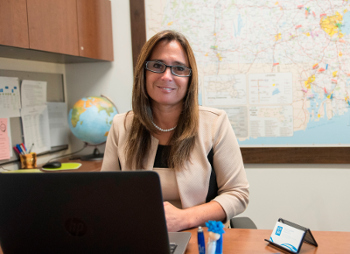Do you have a question about JRI services?
NEEDHAM — Justice Resource Institute will get nearly $1 million from the Office of Juvenile Justice and Delinquency Prevention at the Department of Justice to provide mental health services and caregiver support to underserved and marginalized children and their families who have been exposed to violence.
The three-year federal grant will fund the Massachusetts Justice and Equity for Child Trauma (MAJECT) project at JRI. MAJECT will address the increasing mental health disparities faced by vulnerable children and youth up to age 17 across the Commonwealth of Massachusetts. The MAJECT initiative will provide trauma-informed, evidenced based practices and parenting curricula to underserved communities in Massachusetts to promote racial equity and remove barriers to mental health services for children and families served by JRI, as well as the broader community.
“Children and their families who experience trauma and violence in their homes, schools, and communities are at high risk for developing mental health disorders, school failure, and disrupted home placements.” Says Dr. Hilary Hodgdon, JRI Research Director, who researches evidenced-based practices for trauma-impacted children, youth, and families. The grant “will allow a highly experienced team of clinicians to provide individualized trauma-informed therapy to trauma-impacted children and youth using evidenced based treatments that have a long track record of effectiveness. An exciting part of this initiative is the focus on supporting the entire caregiving system - through parenting groups and other forms of family support – that will enhance the healing of some of our most vulnerable children, youth and families who need intensive interventions that go above and beyond what can be provided with traditional care,”
“Every child deserves to feel safe,” said U.S. Rep. Jake Auchincloss, D-Newton. “Children exposed to violence need special attention and care, which is why I support the Justice Resource Institute’s efforts to improve and expand trauma-informed care in Massachusetts.”
There are significant challenges to the implementation of trauma-informed care, including a lack of resources for trauma-related work in the child welfare system and limited numbers of mental health providers trained in trauma-informed, evidence-based programs for children and youth. The proposed interventions funded by the federal grant include Trauma-Focused Cognitive Behavioral Therapy (TF-CBT), Parent-Child Interaction Therapy (PCIT), and Attachment, Regulation and Competency (ARC).
The MAJECT team hopes that the three-year initiative will increase these children’s self-esteem, engagement in positive activities, social competence, and school engagement, while successfully treating mental health symptoms, decreasing substance misuse and symptoms of post-traumatic stress, and reducing contact with the juvenile justice system. The team also will work with parents to improve parent-child relationships, and reduce rates of victimization and child maltreatment.
About JRI
JRI works in partnership with individuals, families, communities, and government to pursue the social justice inherent in opening doors to opportunity and independence.



